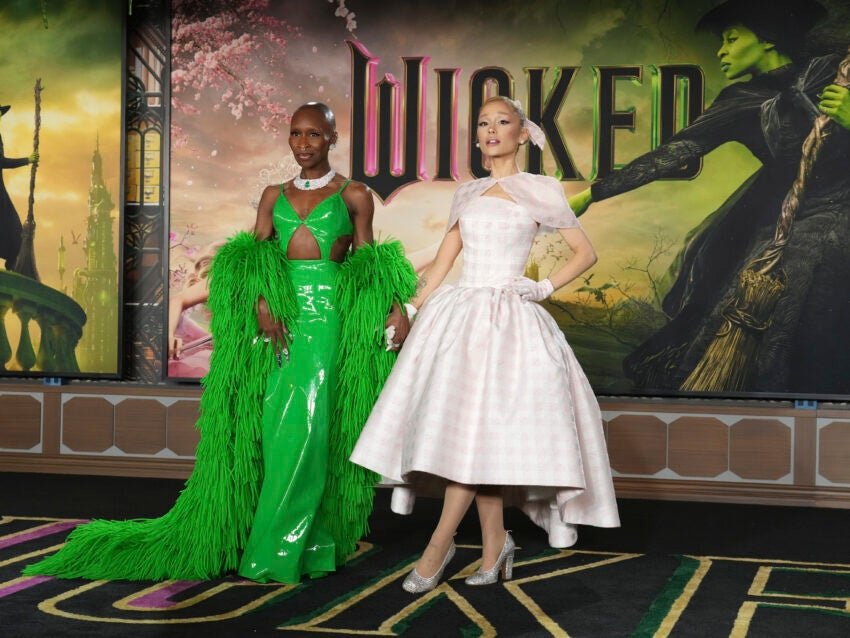Flaunt Weeekly
Flaunt Weeekly The site has a similar address to one that promotes a film adaptation of the hit musical. The toymaker apologized for the “unfortunate error.”
By Jin Yu Young, New York Times Service
All may be good in the Land of Oz, but the same can’t be said for the world of Mattel.
The toy company’s latest dolls for the movie “Wicked” listed a porn website on its packaging instead of a very similar URL that promotes an upcoming film adaptation of the hit Broadway musical.
Mattel, the manufacturer of Barbie and Hot Wheels, said in a statement Sunday that it was aware of a “misprint” on the box for the dolls, which are primarily sold in the United States. The company said it had intended to direct consumers to the movie’s landing page, not to a URL for a website restricted to people 18 years of age and older.
The doll is for children ages 4 and up.
Mattel expressed deep regret, blamed the mix-up on an “unfortunate error” and vowed to take “immediate action.” But the company did not say how the error had occurred or what action it planned to take.
It was not immediately clear early Monday how many of the mislabeled boxes had been distributed to stores. Mattel had not announced a recall or offered a refund to affected customers.
The film, starring Cynthia Erivo and Ariana Grande, is scheduled for release Nov. 22. Universal Pictures, its distributor, did not immediately respond to a request for comment.
Mattel isn’t the first company or public figure to publicly confuse one URL with another.
Last week, Pope Francis appeared to paint himself as a New Orleans Saints fan by repeatedly using a hashtag that refers to the football team, not to the venerated disciples of the Roman Catholic Church.
“We cannot become #Saints with a frown,” he wrote. “We must have joyful hearts to remain open to hope.”
When the Saints beat the Atlanta Falcons on Sunday, breaking a seven-game losing streak, some of their fans saw the win as divine providence.
The worlds of politics and media have seen their share of URL fumbles, too.
In 2019, an Italian cartoonist known as Albo, whose work includes erotic images, said on Twitter that hundreds of people had mistaken him for Anthony Albanese, an Australian politician who was campaigning to be leader of the country’s Labor Party.
Albanese won that election and is now prime minister. But he is still occasionally mistaken for Albo.
In April, for example, Michael Rowland, a presenter for the Australian Broadcasting Corp., apologized after he mistakenly attributed a comment about Elon Musk to the artist instead of to Albanese.
This article originally appeared in The New York Times.








